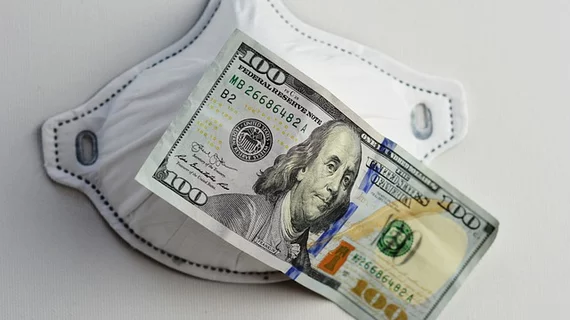Biden administration invests $103M in reducing burnout among cardiologists, other healthcare workers
The U.S. Department of Health and Human Services (HHS) has announced that $103 million in funds will go toward reducing burnout among physicians and other healthcare workers over a three-year period.
The money comes from the American Rescue Plan, the $1.9 trillion COVID-19 relief bill President Joe Biden signed into law in March. Healthcare workers in rural and underserved communities will be specific targets of these investments, the HHS said in a prepared statement.
“The Biden-Harris Administration is committed to ensuring our frontline health care workers have access to the services they need to limit and prevent burnout, fatigue and stress during the COVID-19 pandemic and beyond,” said HHS Secretary Xavier Becerra. “It is essential that we provide behavioral health resources for our health care providers—from paraprofessionals to public safety officers—so that they can continue to deliver quality care to our most vulnerable communities.”
“These programs will help to combat occupational stress and depression among our health care workers as they continue their heroic work to defeat the pandemic,” added Diana Espinosa, acting administrator of the Health Resources and Services Administration.
Burnout continues to be a significant problem in cardiology. More than one in four cardiologists report being burned out, and nearly 50% say they feel stressed. In addition, less than 24% of cardiologists say they truly enjoy their work.
On July 13, in fact, the American College of Cardiology, American Heart Association, European Society of Cardiology and World Heart Federation published a paper urging healthcare organizations and industry societies to do more to prevent clinician burnout.
“Well-being is essential to achieving personal fulfilment and satisfaction in our work,” co-author Mitchell S.V. Elkind, MD, MS, immediate past president of the AHA, said at the time.

